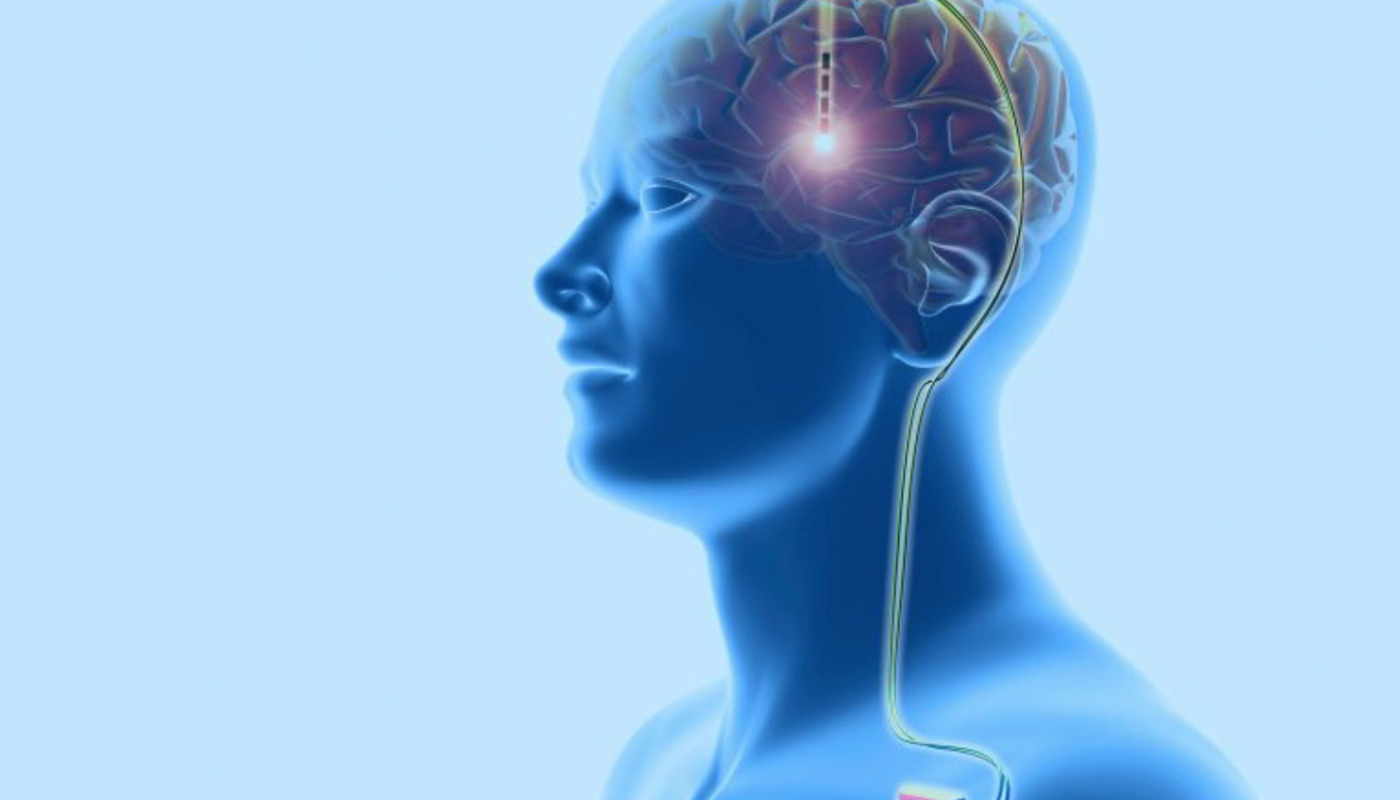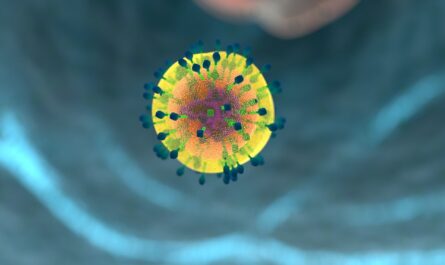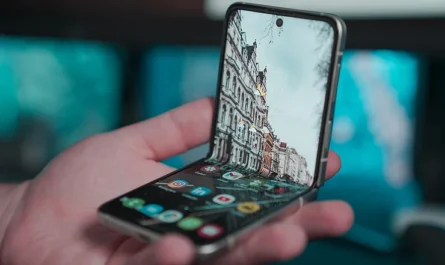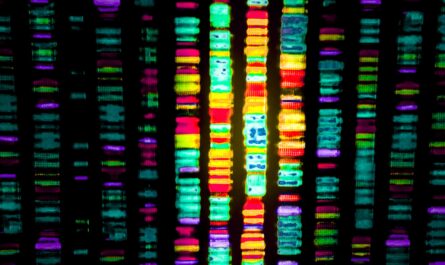Researchers have made slight modifications to an existing brain stimulation technique known as transcranial magnetic stimulation (TMS), and have reported significant improvement in patients with hard-to-treat depression. The study, led by Sabrina Segal, Ph.D., Director of Research at Family Care Center, found that 66% of patients with major depressive disorder responded to the novel treatment, with 42% experiencing acute remission. These response rates surpass those reported for the standard FDA-approved TMS protocol, as well as alternative evidence-based protocols.
The findings are especially significant for patients who have not experienced desired results from other treatments. According to the World Health Organization, major depressive disorder is the leading cause of disability worldwide. Currently, only 30-50% of patients achieve full recovery or remission with psychotherapy or medication, and these treatments can often result in side effects or worsened symptoms.
During the trial, more than three dozen patients underwent TMS to a region in the front left portion of the brain, an FDA-approved technique for treating major depressive disorder. However, the traditional stimulation has only shown significant reduction in depression symptoms in around 29% of patients. To enhance the effectiveness, the researchers followed up the left-side stimulation with three minutes of high-frequency, short bursts of stimulation to an area in the right side of the brain. This type of right-side stimulation has previously demonstrated improvement in symptoms related to anxiety and post-traumatic stress disorder (PTSD), but this is the first study to show its effectiveness in reducing depressive symptoms in younger adults.
The results of the study are encouraging, considering that most patients also suffered from other conditions such as anxiety and PTSD. Further research is needed in these areas, but the initial success is optimistic, particularly given the demographics of the study participants. The mean age of the patients was 42.5 years, significantly younger than comparable studies that focused on late-life depression.
Developing new therapies for younger patients could not only provide effective treatments earlier in life but also reduce lost productivity and the cost of failed therapies. Additionally, this could potentially benefit younger veterans who struggle to find effective therapies for PTSD.
Prior to the study, patients recorded their symptoms using a standard scale, with higher scores indicating more severe symptoms. At the beginning, the patients had a mean score of 18.18, which improved to 10.29 during the trial. By the end of the study, the scores had been reduced by over half, with many patients achieving acute remission.
While progress has been made in understanding how TMS works, researchers believe there is still much to learn. However, there is hope that this novel technique could become a first-line therapy for millions of individuals suffering from a variety of mental illnesses, sparing them the devastating toll these illnesses often take on their lives.
*Note:
1. Source: Coherent Market Insights, Public sources, Desk research
2. We have leveraged AI tools to mine information and compile it



